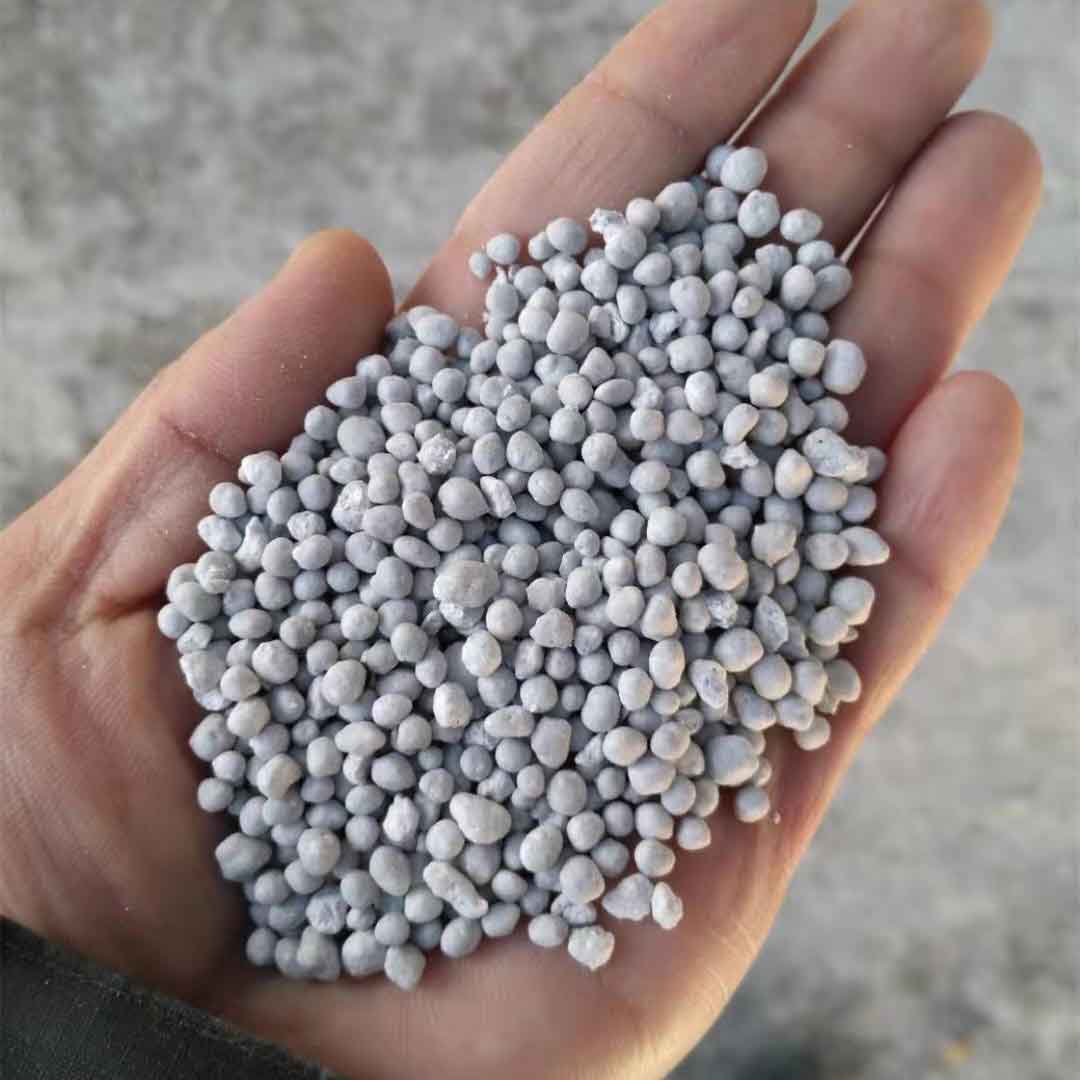
نوفمبر . 16, 2024 21:54 Back to list
potash for grass
The Importance of Potash for Grass Growth
Grass is a fundamental component of many ecosystems, providing food for livestock, habitat for wildlife, and aesthetic value for landscapes. Whether you are maintaining a lush lawn, a productive pasture, or a sports field, understanding the role of potash (potassium) in grass growth is essential for achieving optimal results.
What is Potash?
Potash refers to a group of potassium-bearing minerals and chemicals that are used in fertilizers. Potassium is one of the three primary macronutrients essential for plant growth, alongside nitrogen and phosphorus. It plays a crucial role in various physiological processes, making it essential for healthy grass development.
The Role of Potash in Grass Health
1. Nutrient Regulation Potassium regulates the uptake of other nutrients. It helps grass efficiently absorb nitrogen and phosphorus, which are vital for growth and development. Without adequate potassium, grass may exhibit nutrient deficiencies, leading to stunted growth and poor health.
2. Water Regulation Potassium is key in maintaining osmotic balance within grass cells. It helps to control the opening and closing of stomata, which are small pores on leaves that regulate water loss and gas exchange. This is particularly important during dry periods, as potassium helps grass retain water and maintain turgor pressure, ensuring it remains upright and healthy.
3. Disease Resistance Grass with sufficient potassium levels is often more resilient to diseases and pests. Potash enhances the plant's ability to fight off pathogens and stress. This is crucial for maintaining the health of lawns, sports fields, and pastures, where damage from diseases can lead to significant economic losses.
4. Root Development Potassium promotes strong root systems, which are essential for nutrient and water absorption. A robust root network enables grass to thrive in various soil conditions and reduces dependency on external watering. This is especially beneficial in areas with variable rainfall.
5. Overall Growth and Quality Adequate levels of potash contribute to the overall vigor and quality of grass. Healthy grass with sufficient potassium tends to be greener, denser, and more aesthetically pleasing. Whether for recreational use or livestock grazing, potassium-rich grass is generally more nutritious and palatable.
potash for grass

How to Apply Potash for Grass
When applying potash for grass, several factors should be considered
1. Soil Testing Conduct a soil test to determine the existing nutrient levels and pH. This will guide your potash application rates and ensure that you do not over-apply, which can lead to nutrient imbalances.
2. Choosing the Right Potash Product Potash fertilizers come in various forms, including granular and liquid. Choosing the right product depends on the specific needs of your grass and your soil conditions. It's vital to pick a high-quality potash source to ensure effective nutrient delivery.
3. Timing The best time to apply potash is during the growing season when grass can effectively utilize the nutrients. Early spring and fall are often ideal times for application. However, the timing can vary based on local climate and growing conditions.
4. Method of Application Potash can be applied through broadcasting or incorporation into the soil. For lawns, a rotary spreader is commonly used, while pastures may benefit from incorporating potash into the soil to improve nutrient absorption.
5. Follow-Up After applying potash, monitor your grass's health and adjust future applications based on its growth response and any changes in soil nutrient levels.
Conclusion
Potash is an essential element for grass growth and health. By understanding its roles and applying it correctly, you can enhance the vitality of your grass whether it’s for a residential lawn, a commercial establishment, or agricultural use. Proper management of potash can lead to healthier, more resilient grass, contributing to beautiful landscapes and productive pastures. Investing in the right fertilizers can make a significant difference in the quality and longevity of your grass, providing benefits that last for years to come.
-
High-Quality NPK Fertilizer Raw Material Manufacturer & Supplier Trusted Factory Exporter
NewsJul.08,2025
-
Organic 20-20-20 Plant Fertilizer Supplier Premium Organic Fertilizer Manufacturer
NewsJul.08,2025
-
Ammonium Sulfate Fertilizer Market - Leading Manufacturer, Supplier & Factory Solutions
NewsJul.08,2025
-
Premium Water Soluble Fertilizer 20-20-20 Reliable Manufacturer & Competitive Prices
NewsJul.07,2025
-
10-52-10 Fertilizer Supplier – Premium NPK Compound & Granular Fertilizers for Crop Growth
NewsJul.07,2025
-
Best Blueberry Organic Fertilizer - Premium Factory & Supplier Boost Your Blueberry Yield
NewsJul.07,2025
